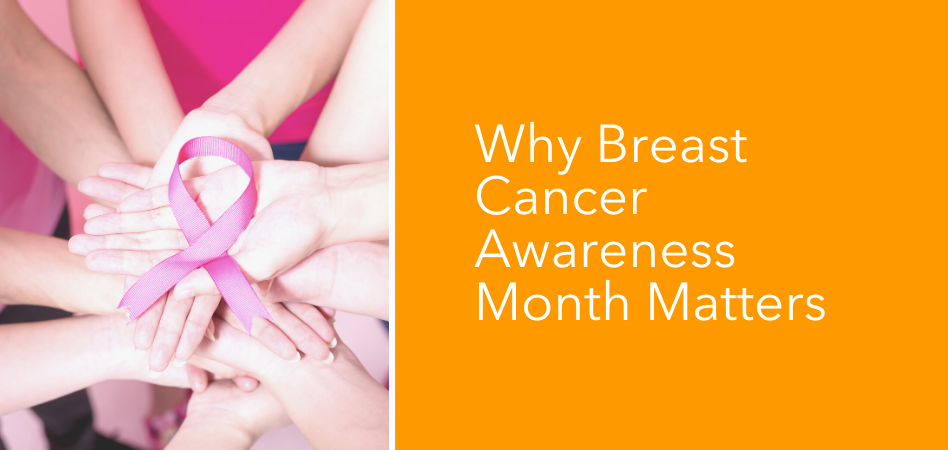October is National Breast Cancer Awareness Month, an annual campaign dedicated to increasing awareness of the disease.
Raising our collective awareness about breast cancer is especially important in 2020, which has been a year full of both health and economic uncertainties. This year more than ever, all Americans must help one another in raising awareness about the disease, whom it affects, and how it can be treated.
While our firm’s commitment to breast cancer awareness is year-round, we are proudly collaborating with other leading plaintiff’s law firms in Chicago to show our support of Breast Cancer patients and their families. The firms together in this effort are Cooney & Conway, Clifford Law Offices, and Romanucci & Blandin LLC.
“Advocating for awareness is one of the most important things we can do as attorneys and fellow members of our community. This collaboration serves to advance women’s healthcare, which is something I strongly believe in. Breast Cancer Awareness month is essential to help raise awareness, education, and support women in need.”
-Erin Clifford, Partner, Clifford Law Offices
Educating yourself is one of the best places to start. Here are some basic facts.
What is breast cancer?
The American Cancer Society defines breast cancer as “a group of diseases in which cells in breast tissue change and divide uncontrolled, typically resulting in a lump or mass.” That mass is what’s known as a tumor, and breast cancer occurs when these tumors turn malignant.
According to the Centers for Disease Control and Prevention (CDC), about 250,000 cases of breast cancer are diagnosed in women each year, along with roughly 2,300 in men. Breast cancer is the second-leading cause of cancer death among women, and the number one leading cause of cancer death among Hispanic women.
What causes breast cancer?
No one knows the exact causes of breast cancer, other than that it happens because of damage to a cell’s DNA.
There are, however, known risk factors of breast cancer. Some are environmental and can often be avoided with some basic changes to your lifestyle. That includes a lack of physical activity, frequent and/or excessive alcohol consumption, being overweight or obese, a poor diet, and taking combined hormone replacement therapy.
Other risk factors are harder to avoid because they are genetic. A person’s age, family history, menstrual and reproductive history, and race are all risk factors, as is having dense breast tissue. Additionally, if you have been diagnosed with cancer in one breast, you are at an increased risk of being diagnosed for it in your other breast.
How can I be proactive about my health?
When breast cancer is detected early, the five-year relative survival rate is 99 percent, according to the American Cancer Society.
You have a better chance of early detection if you get proactive about both your breast health and your overall health. That includes performing the breast self-exam once per month, staying disciplined about your annual in-office exam, where a physician or gynecologist will complete a clinical breast exam, and, for women generally 40 and over, getting a mammogram once per year.
Building healthy habits can also guard against some environmental risk factors of breast cancer. Get regular exercise and eat a healthy diet that includes a lot of fruits and vegetables. Avoid smoking and limit alcohol consumption.
It also helps to know some of the warning signs. While many breast cancer symptoms are invisible, any changes—including unexplained swelling, discoloration, a lump, or discharge from the nipple—should be taken seriously. Consult your physician or gynecologist immediately.
Can I afford to take proactive steps?
The short answer is, yes. The Affordable Care Act requires Medicare and all new private health insurance plans to fully cover screening mammograms with no out-of-pocket costs for the patient. Additionally, the CDC’s National Breast and Cervical Cancer Early Detection Program offers mammography services for low-income, uninsured, and underserved women.
Whether you are a breast cancer survivor, fighting it right now, or have a loved one dealing with the disease, you are not alone. Every individual experience we have and every effort we make contributes to the work already being done by medical personnel, scientists, technologists, and activists in the fight against breast cancer.

